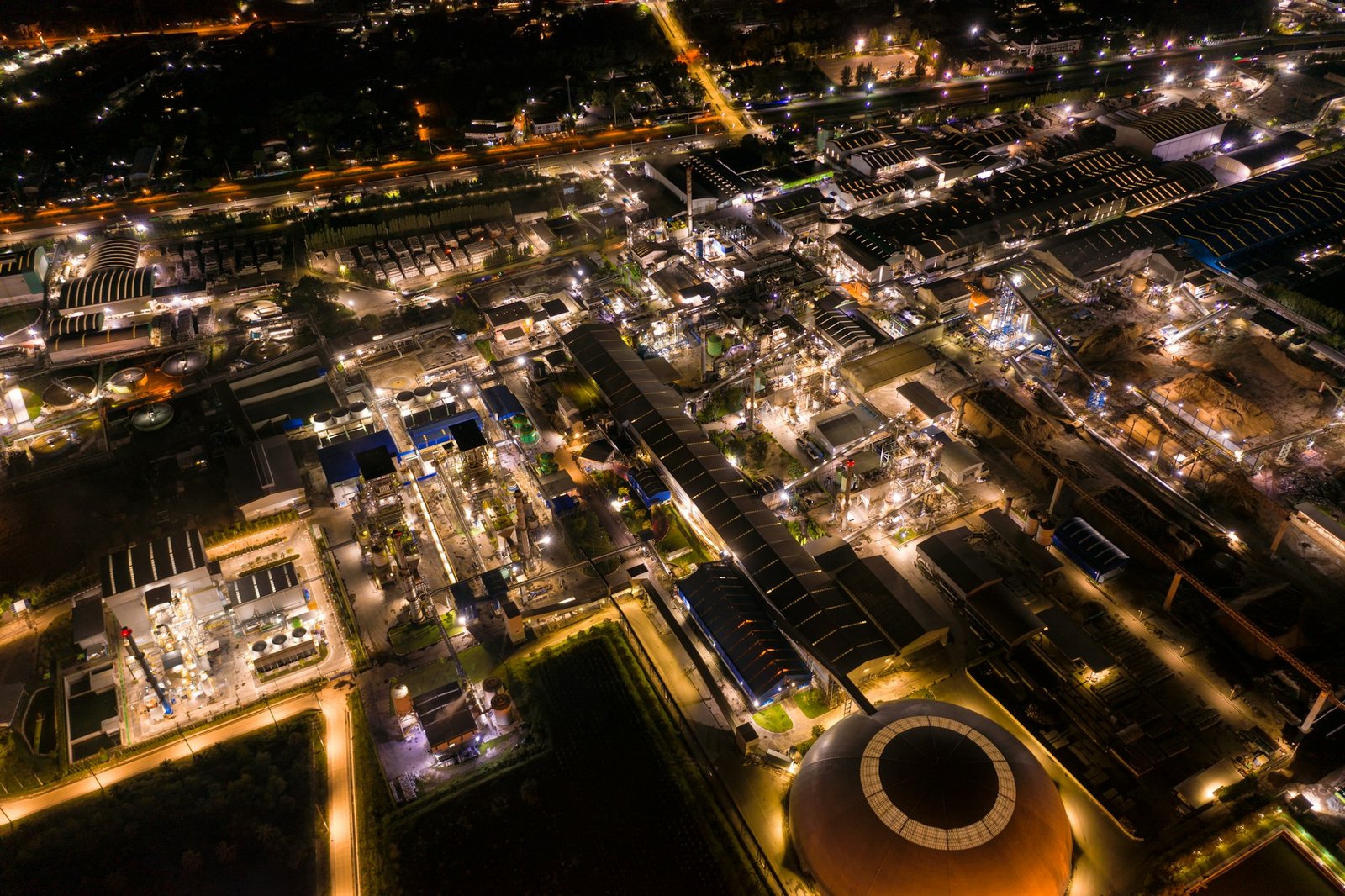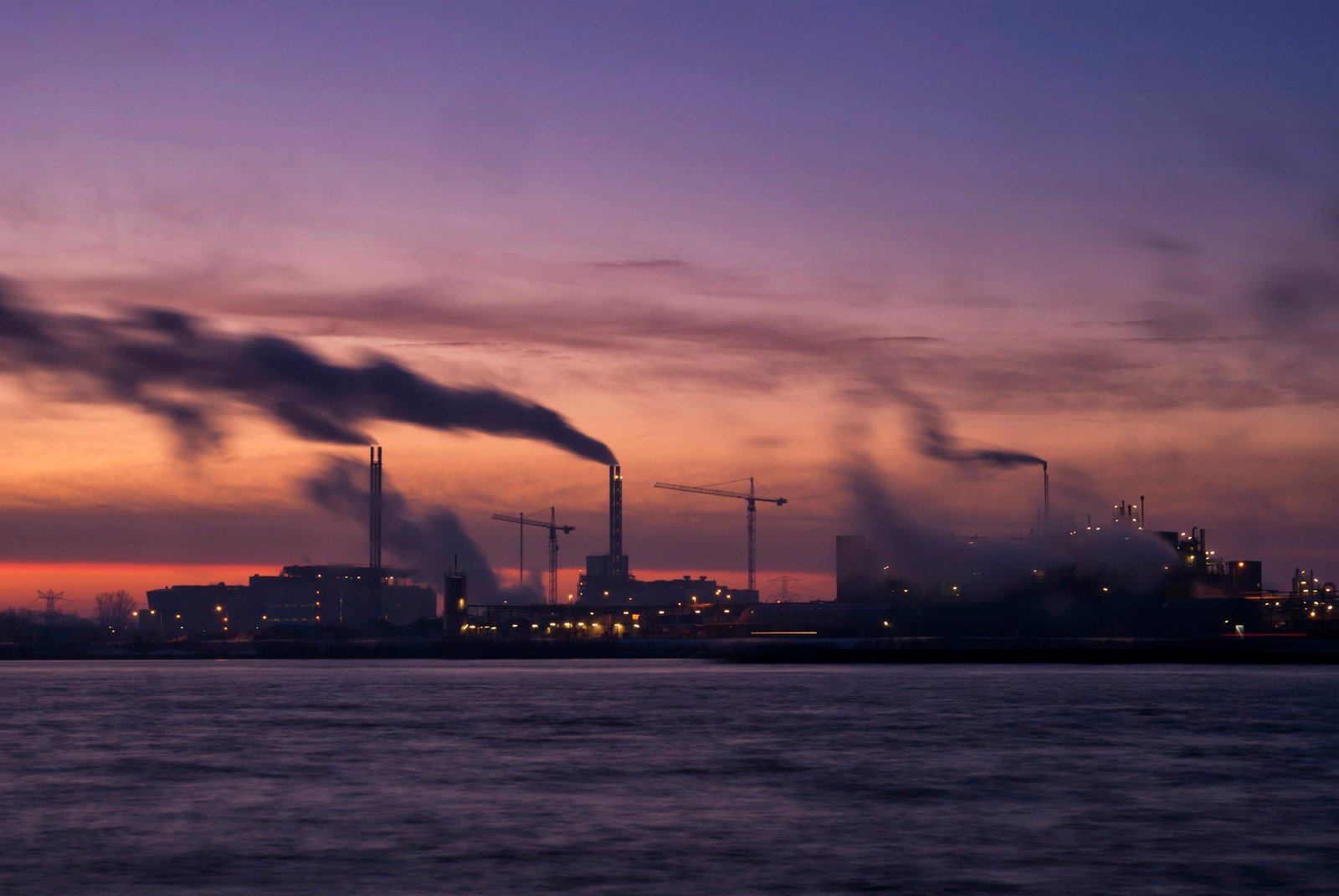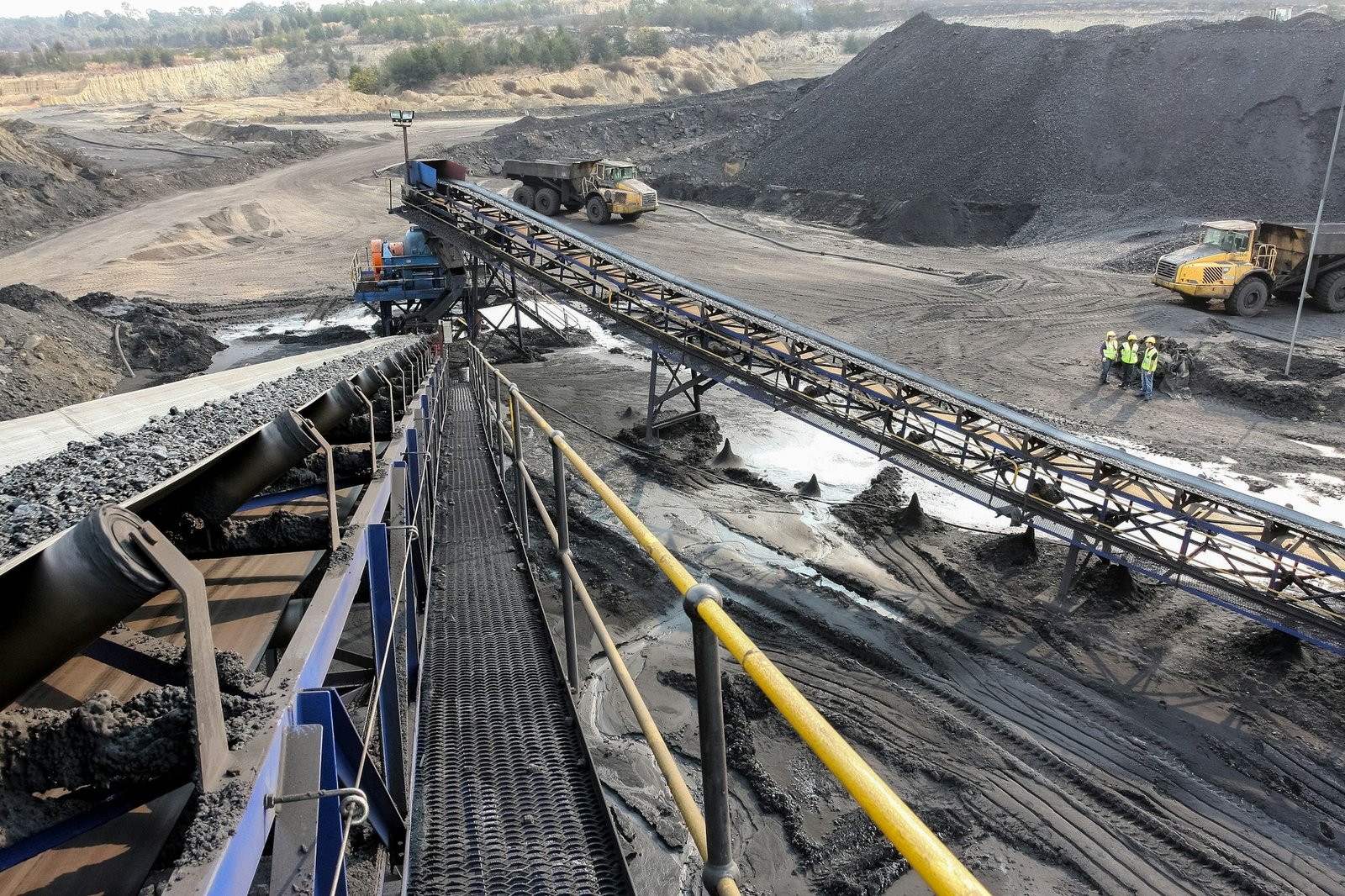Introduction
In the dynamic realm of chemical manufacturing, trends play a pivotal role in shaping the trajectory of the industry. As we delve into the intricacies of the specialty chemicals market, it becomes evident that several trends are emerging, each wielding significant influence over the sector’s growth and direction. Let’s embark on a journey to uncover these transformative trends and understand their implications.
Trend 1: Sustainable Solutions Dominating the Landscape
Sustainability has transcended from a buzzword to a cornerstone principle driving innovation in the specialty chemicals domain. Today, consumers and businesses alike are placing increased emphasis on environmentally friendly products and processes. As a result, manufacturers are intensifying their efforts to develop sustainable alternatives, thereby reducing their carbon footprint and fostering eco-friendly practices.
Amid growing environmental concerns, specialty chemical companies are investing heavily in research and development to create products that align with sustainability goals. From bio-based raw materials to green manufacturing processes, the industry is witnessing a paradigm shift towards sustainability-driven innovation.
Trend 2: Technological Advancements Redefining Production Methods
The advent of cutting-edge technologies is revolutionizing the way specialty chemicals are produced, processed, and utilized. Advanced manufacturing techniques such as automation, artificial intelligence (AI), and predictive analytics are enhancing efficiency, optimizing resource utilization, and streamlining operations across the value chain.
Furthermore, breakthroughs in nanotechnology and molecular engineering are unlocking new possibilities in product design and performance. With precision and scalability, these technological innovations are empowering manufacturers to deliver tailor-made solutions that cater to diverse customer needs and preferences.
Trend 3: Digitalization Driving Operational Excellence
In an era defined by digital transformation, the specialty chemicals industry is embracing digitalization to drive operational excellence and foster agility. By leveraging data analytics, cloud computing, and Internet of Things (IoT) solutions, companies are gaining valuable insights into production processes, supply chain dynamics, and market trends.
The integration of digital technologies is not only optimizing resource allocation and inventory management but also enabling predictive maintenance and proactive risk mitigation. Moreover, digital platforms are facilitating seamless collaboration and communication across geographically dispersed teams, thereby enhancing productivity and decision-making capabilities.
Trend 4: Focus on Performance and Functional Attributes
In an increasingly competitive landscape, differentiation is key to capturing market share and sustaining growth. As such, specialty chemical manufacturers are prioritizing the development of high-performance products with enhanced functional attributes.
Whether it’s improving durability, enhancing resistance to extreme conditions, or augmenting product versatility, the emphasis is on delivering value-added solutions that address specific customer pain points. By understanding evolving market demands and consumer preferences, companies can stay ahead of the curve and carve a niche for themselves in the highly competitive arena.
Trend 5: Regulatory Compliance and Safety Imperatives
In an industry governed by stringent regulations and standards, compliance and safety remain paramount considerations for specialty chemical manufacturers. With an increased focus on risk management and regulatory adherence, companies are investing in robust compliance frameworks and stringent quality control measures.
Furthermore, heightened awareness regarding occupational health and safety is driving initiatives to enhance workplace practices and mitigate operational risks. By prioritizing safety and sustainability, organizations can foster trust and credibility among stakeholders while ensuring long-term viability and resilience.
FAQs: Addressing Common Queries
Q1: What are specialty chemicals, and how do they differ from commodity chemicals?
A1: Specialty chemicals are unique formulations developed for specific applications, whereas commodity chemicals are produced in large volumes for general use. Specialty chemicals typically offer enhanced performance, functionality, and tailored solutions to meet specific customer requirements.
Q2: How are sustainability initiatives influencing the specialty chemicals market?
A2: Sustainability initiatives are driving innovation in the specialty chemicals market, prompting companies to develop eco-friendly products, adopt green manufacturing processes, and reduce their environmental footprint. Consumers and businesses are increasingly demanding sustainable solutions, driving the industry towards a more sustainable future.
Q3: How are technological advancements reshaping production methods in the specialty chemicals sector?
A3: Technological advancements such as automation, AI, and IoT are revolutionizing production methods in the specialty chemicals sector. These technologies improve efficiency, optimize resource utilization, and enhance product quality, enabling manufacturers to stay competitive in a rapidly evolving landscape.
Q4: What role does digitalization play in driving operational excellence in the specialty chemicals industry?
A4: Digitalization enables specialty chemical companies to gain valuable insights into production processes, supply chain dynamics, and market trends. By leveraging data analytics, cloud computing, and IoT solutions, companies can optimize operations, improve decision-making, and drive operational excellence.
Q5: How do specialty chemical manufacturers ensure regulatory compliance and safety?
A5: Specialty chemical manufacturers prioritize regulatory compliance and safety by investing in robust compliance frameworks, stringent quality control measures, and enhanced workplace practices. By adhering to regulations and standards, companies can maintain trust and credibility among stakeholders while ensuring the safety of employees and the environment.





